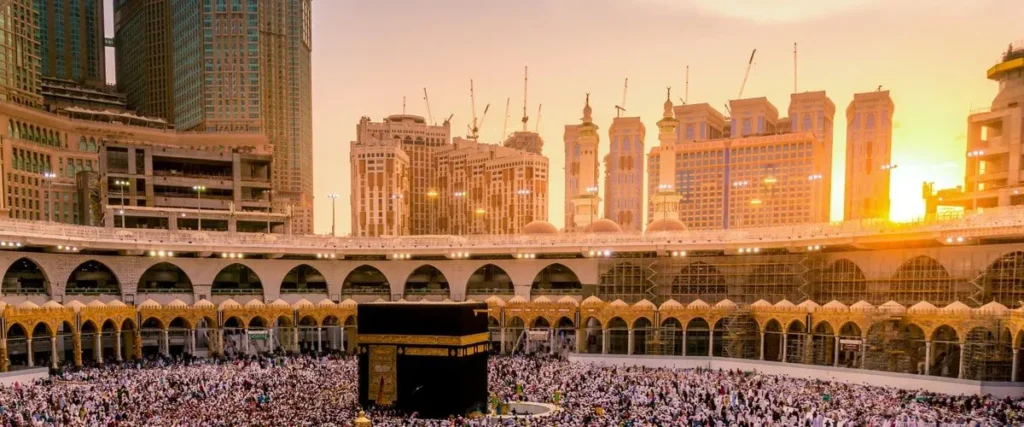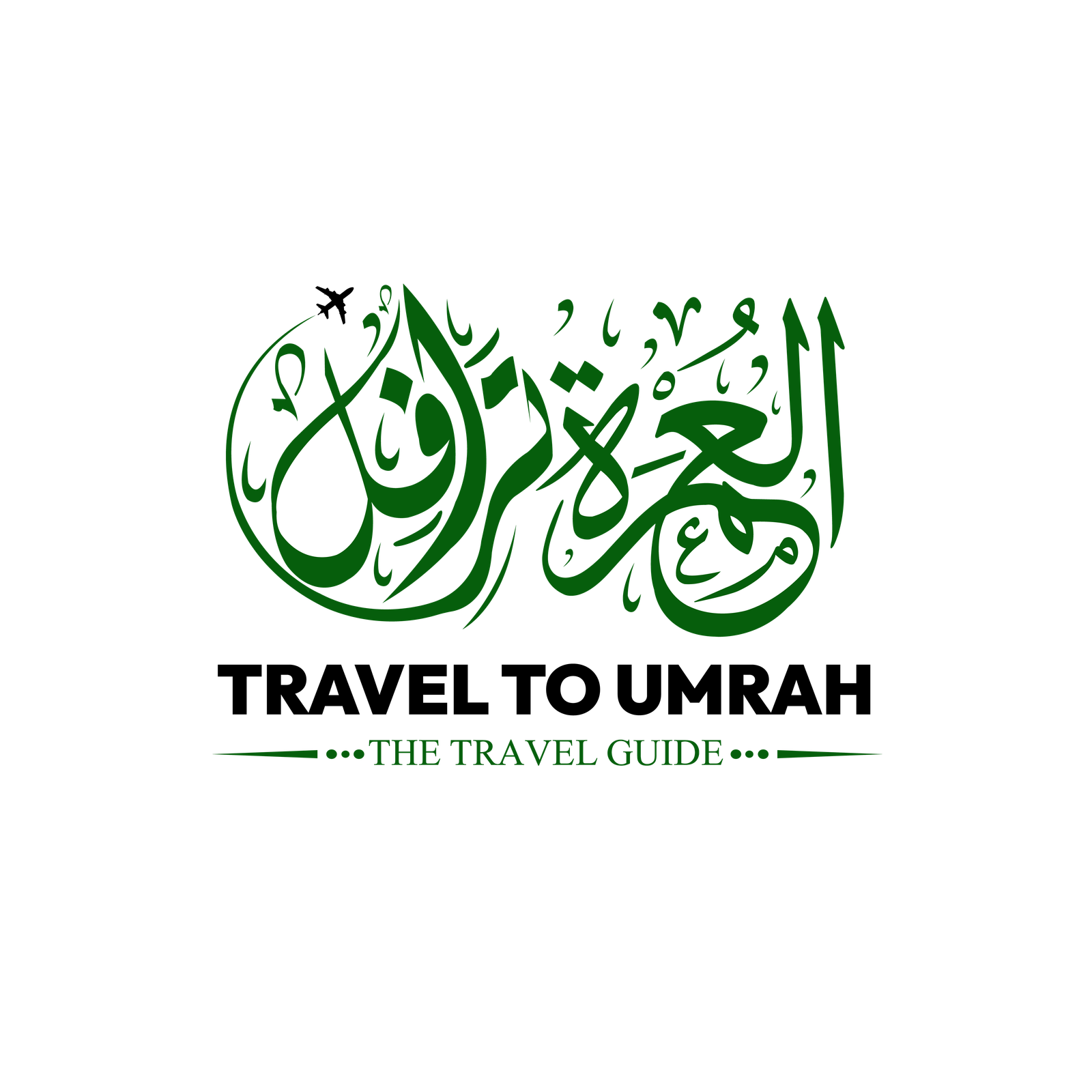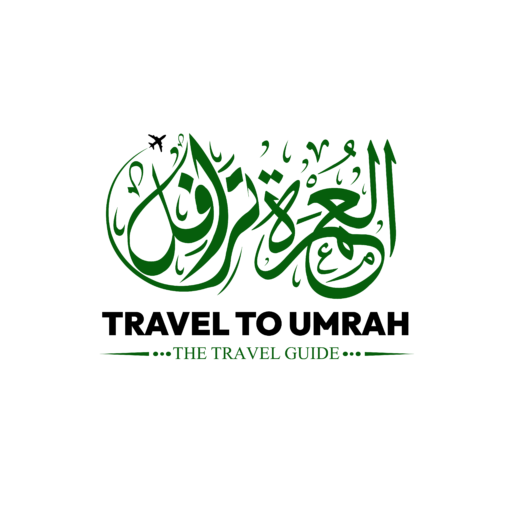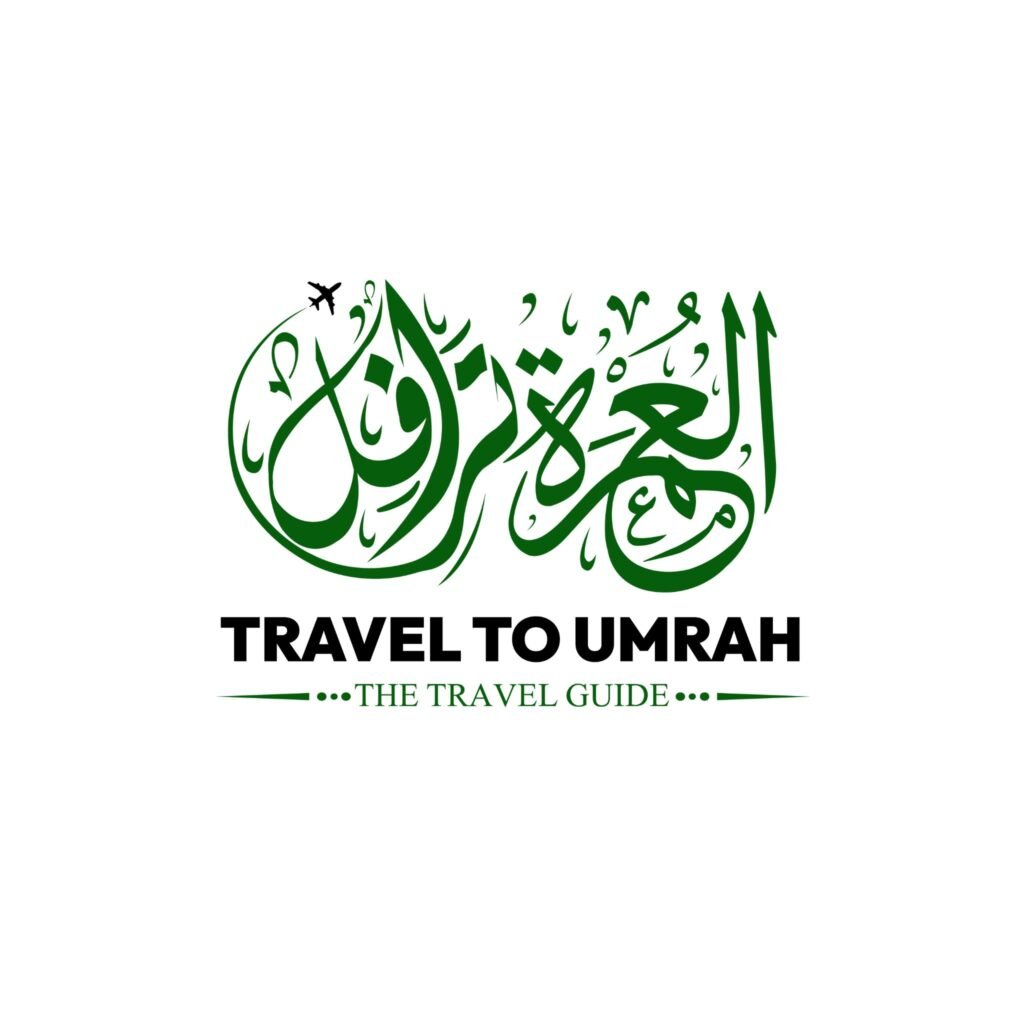
Stay Safe on Your Spiritual Journey - A Health and Safety Guide for UK Umrah Travelers
Going on Umrah is a deeply spiritual experience, but it’s also important to take care of your health and safety during the trip.
Traveling from the UK to Saudi Arabia for UK Umrah Travelers means you’ll be in new places, facing hot weather, and moving through busy areas, which can be tricky if you’re not ready. This guide is here to help UK Umrah travelers prepare properly so your journey is calm, meaningful, and safe from the start until the end.
Why Health and Safety Matters During Umrah for UK Umrah Travelers
Umrah can be a lot on your body. You’ll be walking a lot, dealing with crowded holy places, and facing a hot, dry climate, which could affect your health if you’re not careful. For UK Umrah travelers, especially those going for the first time, it’s really important to know how to stay safe so you can fully focus on prayer and reflection.
Vaccinations for UK Umrah Travelers : Your First Line of Defense
Before you leave, make sure to see your general practitioner or a travel clinic at least 4 to 6 weeks ahead of time.
Saudi Arabia requires all Umrah travelers to get the Meningitis (ACWY) vaccine. You should also think about getting the seasonal flu vaccine, a COVID-19 booster if you’re eligible, and the pneumococcal vaccine if you’re older or have any health conditions. Getting vaccinated helps keep you safe and also helps protect other people you’re close to during your trip
Travel smart by keeping a personal medical kit with you. Include painkillers, antiseptic wipes, blister plasters, anti-diarrhoea tablets, rehydration salts, and any medicine your doctor has given you, making sure everything is clearly labeled. Also add sunscreen with SPF 30 or higher, an inhaler if you need one, and hand sanitizer. These items can help prevent small problems from getting worse while you’re on your journey
Beat the Heat: Stay Hydrated and Protected
Even in the cooler months, the weather in Saudi Arabia can be tough.
Dehydration is a common problem for pilgrims. Make sure to drink a lot of water, especially Zamzam water, which is easy to find. Stay away from drinks with sugar or caffeine, as they can make you dehydrate faster. Also, wear clothes that let air through and choose light colors. Use an umbrella or a wide-brimmed hat to stay out of the sun.
Dress Appropriately for Comfort and Respect
Your clothing should show respect and be suitable for the weather. Men should wear comfortable, soft Ihram clothes that don’t irritate the skin. Women should wear loose, breathable abayas and light scarves. Avoid dark colors because they trap heat. Wearing the right clothes helps you stay cool and prevents problems like heat rash, sunburn, and skin irritation.
Avoid getting too hot or burned by the sun. Use sunscreen with a high SPF and put it on your face, hands, and neck again every few hours. Stay inside during the hottest times of the day, which are usually from 12 PM to 3 PM. If you have to be outside, try to stay in the shade. You can also bring a small fan or a cooling towel to help you feel cooler during long times in the sun.
Keep yourself clean to stay healthy.
When there are a lot of people around, it’s easier to get sick. Wash your hands often with soap or use hand sanitizer, especially after using the bathroom or touching things in public. Take a shower every day and wear clean clothes to prevent skin problems. Wearing a mask in busy places can help stop you from getting sick in your lungs or passing on viruses..
Navigate Crowds Safely
Holy places like the Kaaba and Masjid an-Nabawi have a lot of visitors.
To stay safe and avoid getting hurt or stressed, try to avoid going there during the busiest times if you are older or have health problems. Stay with your group, agree on where to meet each other, and walk slowly without pushing. Keep your eyes open and watch your steps to prevent slipping or falling.
Monitor Your Health Daily
Pay attention to how you feel. If you start feeling dizzy, very tired, sick to your stomach, or having trouble breathing, take it seriously. Swelling in your feet, blisters, or headaches might mean you’re overworking or not drinking enough water. Take breaks when needed, and if your symptoms get worse, see a doctor. Never ignore any pain or discomfort—your health is the most important thing.
Don’t Skip Travel Insurance
Travel insurance is really important. It should cover things like medical emergencies, if your trip gets canceled, if you lose your luggage, or if you need to replace important documents. This is especially important for older travelers or people with long-term health conditions. Be sure to read through the insurance policy carefully to make sure it includes coverage for Umrah-related situations.
Save Emergency Contacts in Advance
Before you leave, make sure to save key contact numbers on your phone and also write them down somewhere safe.
These should include your travel agent, the group leader, hotel information, the UK embassy in Saudi Arabia, and local hospitals in Makkah and Madinah. Having these numbers ready can help you act quickly if you need emergency help.
Eat Light and Stay Cautious with Food
To prevent getting sick from food, eat meals that are freshly cooked and drink bottled water—even for brushing your teeth. Avoid raw vegetables, street food, and anything that looks dirty or not clean. This is especially important for people with food allergies, special diets, or sensitive stomachs.
Respect Local Laws and Religious Customs
It’s important to know and follow the rules in Saudi Arabia to stay safe. Wear clothes that cover your body properly, don’t play music or talk loudly in holy places, and follow the customs in mosques. Prayer areas are separated for men and women—look for signs and listen to instructions from mosque staff or your group leader.
Choose Safe and Trustworthy Transportation
Don’t use unlicensed taxis or ride services you don’t know.
Use the transport arranged by your Umrah package provider or book registered services in advance. Always travel with a group, especially at night or in areas you’re not familiar with. Transport safety is often ignored, but it’s a big part of staying safe during your journey.
Take Care of Your Mental Health as Well
Even though Umrah is a spiritual experience, the trip can also be emotionally challenging.
Take time to think about your feelings, write in a journal, and avoid too much stress. Keep in touch with family at home to help with feelings of missing home, especially if this is your first time traveling. Your mental health is just as important as your physical health.
Final Reflection
Your trip to the House of Allah should be a meaningful spiritual experience, but it should also be safe, calm, and well-organized. By following these useful health and safety suggestions, you are not only taking care of yourself but also improving your overall pilgrimage experience. Keep in mind that a healthy pilgrim can concentrate better on their faith. Plan carefully, travel wisely, and come back home feeling both spiritually happy and physically fine.






